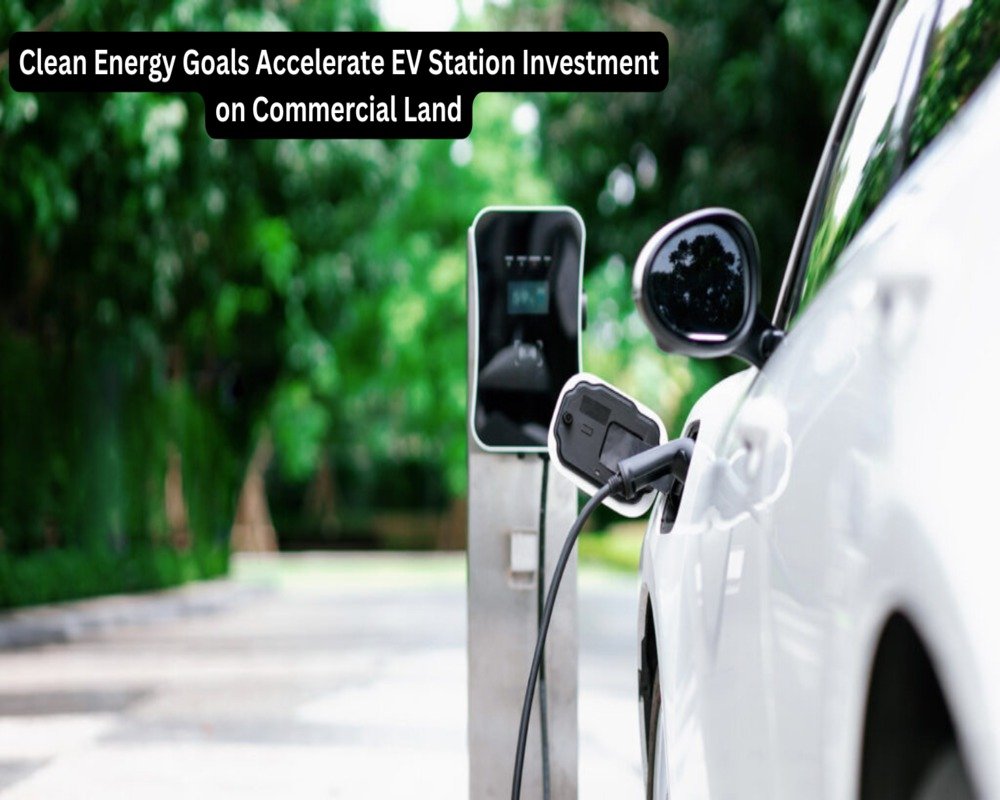The global shift toward clean energy is accelerating investments in EV charging infrastructure, particularly on commercial land strategically located in urban centers, retail corridors, and highway-adjacent zones. Governments worldwide are mandating reductions in greenhouse gas emissions and pushing for full electrification of the transportation fleet, driving public and private stakeholders to aggressively deploy charging networks. As a result, commercial property has become a focal point for EV infrastructure investment, with developers targeting plots that offer visibility, accessibility, and reliable utility connections.
A major highlight of this trend is the alignment between sustainability mandates and real estate potential. Many retailers, shopping malls, and office complexes are now integrating EV charging stations into their parking areas to meet both regulatory requirements and consumer expectations. This not only positions them as environmentally responsible but also enhances customer dwell time and satisfaction. Charging network providers are forging long-term lease agreements with commercial landowners, often backed by government incentives, to install and maintain high-speed charging hubs that support the transition to electric mobility.
Furthermore, clean energy policies are unlocking funding and fast-track approvals for EV infrastructure development, making commercial land an increasingly attractive investment vehicle. Programs that offer subsidies, carbon credit benefits, and infrastructure grants are lowering the cost barrier for deploying stations. As EV adoption rises—both in personal and commercial vehicle segments—commercial land is emerging as the backbone of a new energy ecosystem. Forward-looking property owners and developers are thus positioning themselves at the heart of the clean transportation revolution, transforming traditional real estate into essential components of a greener future.




